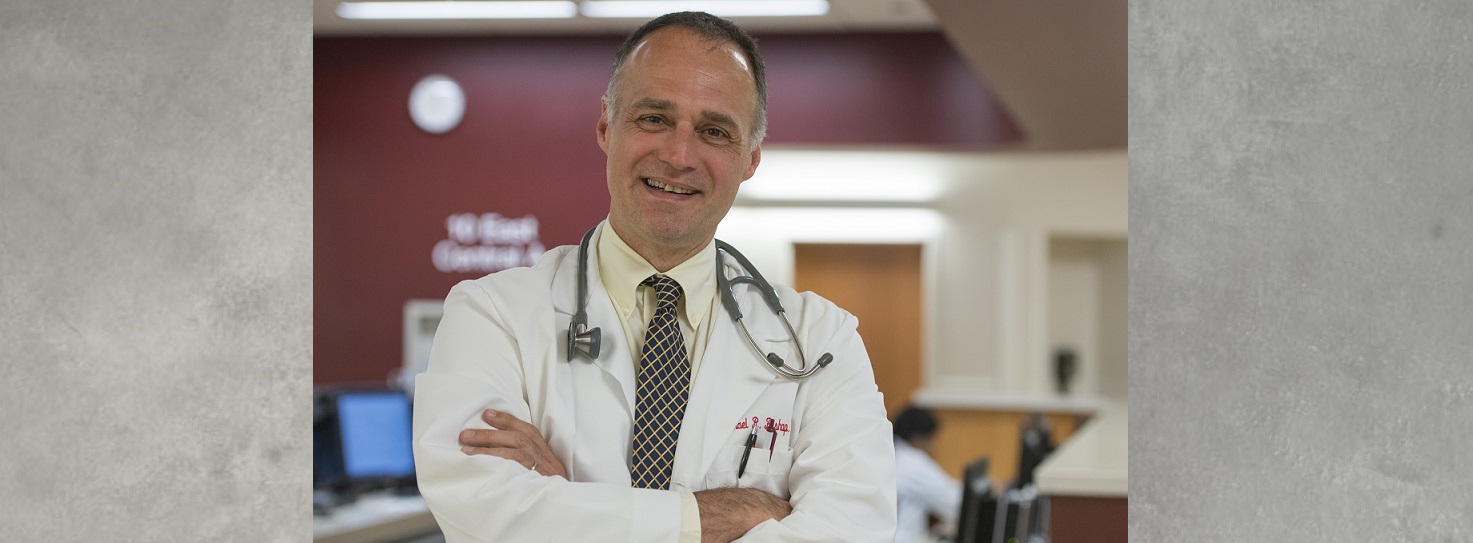Since commercial approval two years ago to treat some blood cancers, CAR T-cell therapy continues to show so much promise that University of Chicago Medicine researchers have expanded their studies to see how else the breakthrough treatment can be used to fight other forms of the disease.
In 2017, the Food and Drug Administration approved the use of CAR T-cell therapy for adults with diffuse large B-cell lymphoma and for children and young adults with acute lymphoblastic leukemia. UChicago Medicine became the first site in Chicago and Illinois to be certified to offer both treatments, which involves a revolutionary process that uses a patient’s own genetically re-engineered T cells to find and destroy cancer cells. As of September 2019, the academic health system has treated 100 patients with CAR-T.
UChicago Medicine — which offers the most CAR-T trials in the Midwest — is now conducting 15 studies for the blood diseases multiple myeloma, acute lymphoblastic leukemia, mantel cell lymphoma, follicular lymphoma and chronic lymphocytic leukemia. Trials for solid tumors like lung, cervical, and head and neck cancers are in the early stages.
“These trials are not widely available, and some of them are the first worldwide” said Michael Bishop, MD, director of UChicago Medicine’s Hematopoietic Cellular Therapy Program. “They’re only being done at select institutions, and we have been asked to do many of them.”
Bishop and his team have seen encouraging results. “We’re seeing responses greater than 90% in adult lymphoblastic leukemia, and the multiple myeloma success rate is greater than 50% and even higher in some studies,” he said.
Originally reported in The Forefront, 10/24/2019

